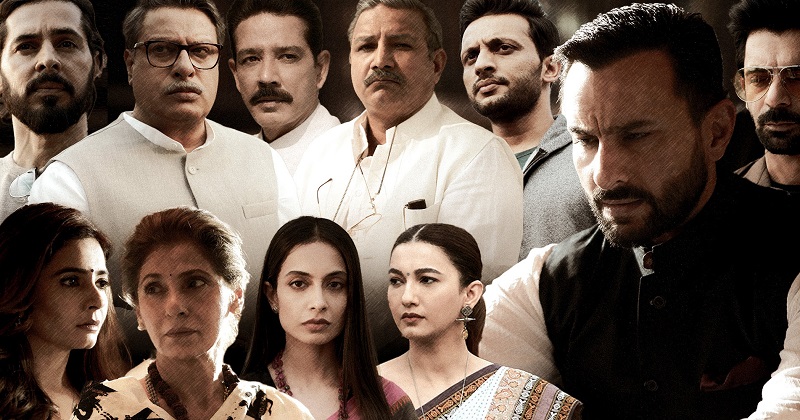
Finally comes the intermediary guidelines and digital media ethics code which will include all the social media platforms, digital news portals and the OTT (over-the-top) platforms. The new rule will obviously impact a country where millions of people are busy scrolling and seeing things online. Here is the response of controversial OTT release Tandav’s filmmaker Ali Abbas Zafar. Read on….
”Our show Tandav was released on an OTT platform in January. It was the fruit of our labour. Like any other film we were anxious on how it would be received. Once the show was aired, some sections of society were offended with a few scenes in the show. We ran to prevent an arrest. Had the guidelines been present then, it would have served a two-fold purpose: we would have been self-informed in advance as to what is permissible and what isn’t and secondly, once the show was in line with the guidelines, we would have not have had to run from pillar to post. That is why I whole-heatedly welcome these self-regulatory guidelines” Ali says.
Ali says that the government took equal responsibility to reinforce and respect the right of every citizen. He also tells out the fact that any misuse of social media will make global resonance. For making the point more vivid, he compared the situation with other countries like The European Union, Singapore and Australia. They have been debating this issue. He expressed his happiness on India being able to adopt a new rule regarding social media regulation.
He also said that he is personally thrilled by the provision that mandates the intermediaries to provide a mechanism for verification of users who wish to get verification done and provide them a visible symbol of verification. He was overwhelmed by this provision as it will ensure social media information more authentic.

He also called the regulations revolutionary. The regulation will be at three levels—Level-I: Self-regulation by an individual publisher. If this does not work, then Level-II, which involves self-regulatory bodies set up by publishers themselves. Only when these two mechanisms fail will Level-III kick in, which is an oversight mechanism under the ministry.

Post Your Comments